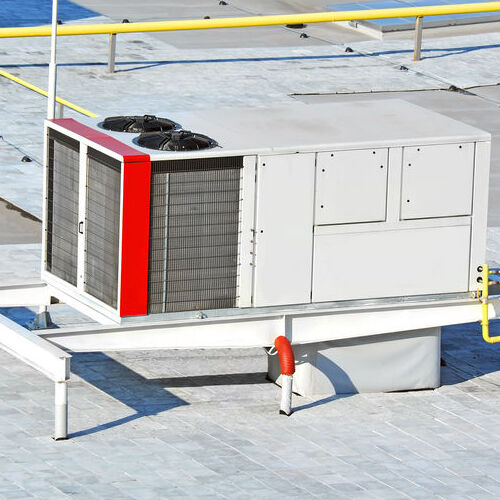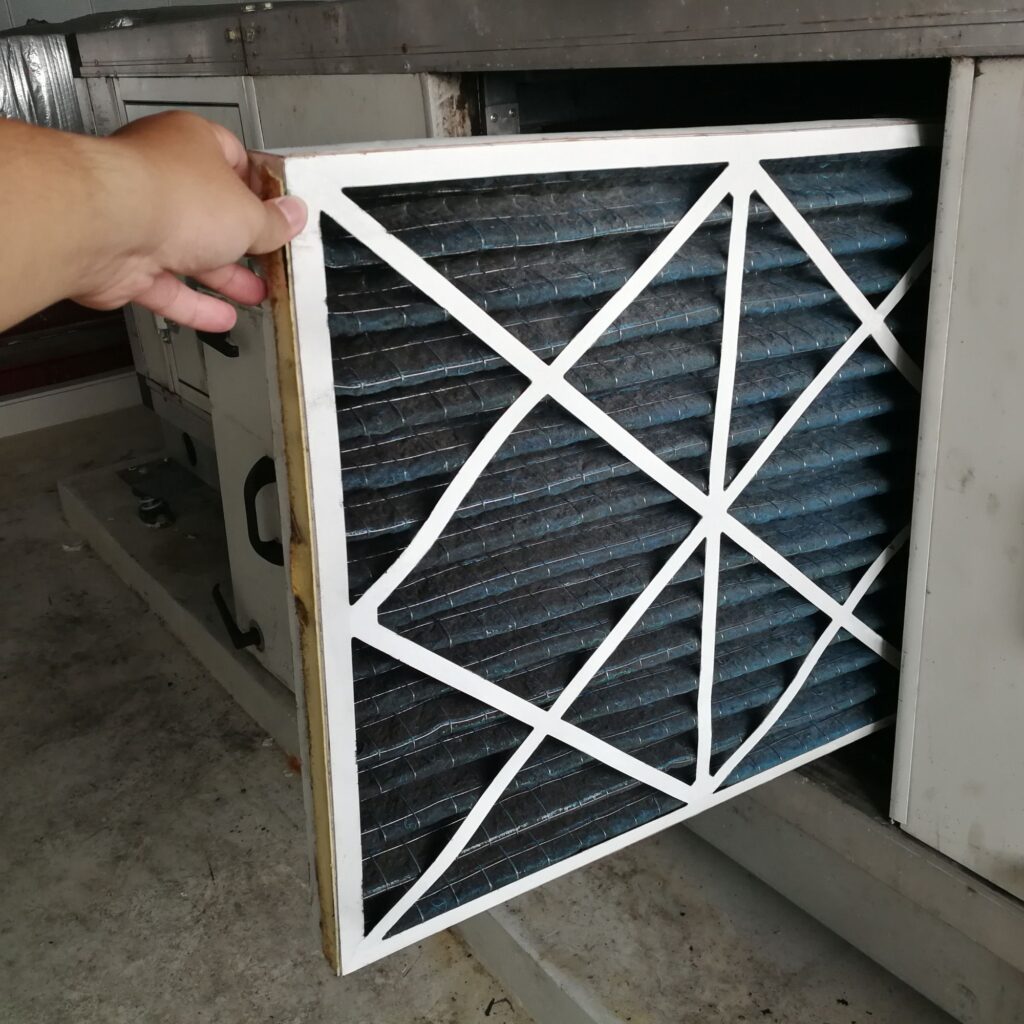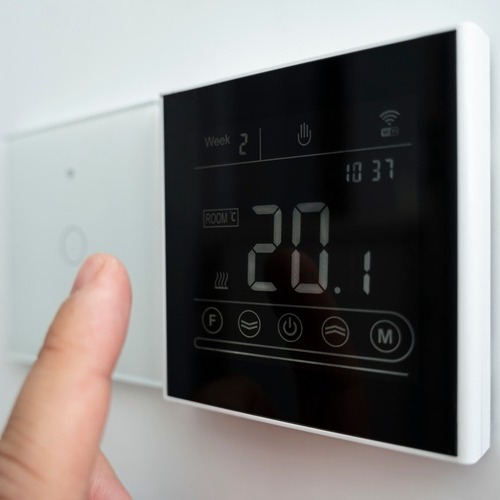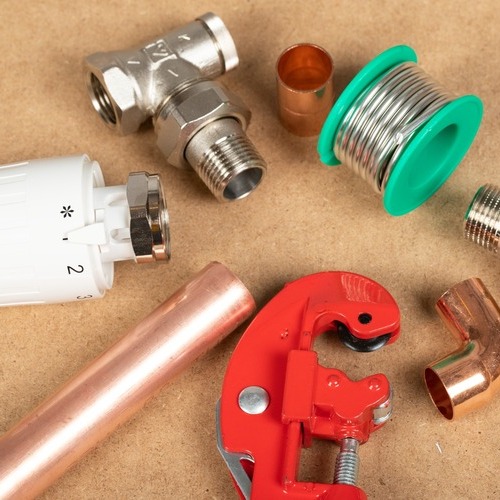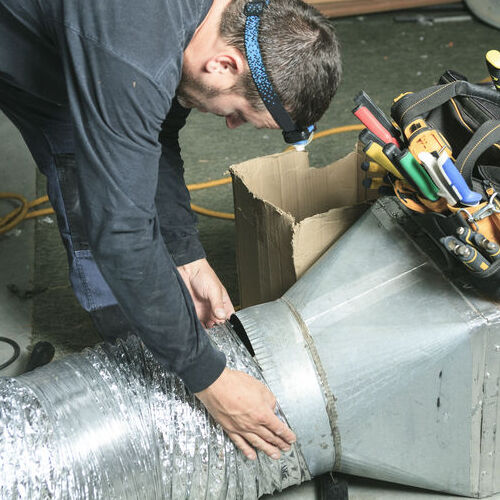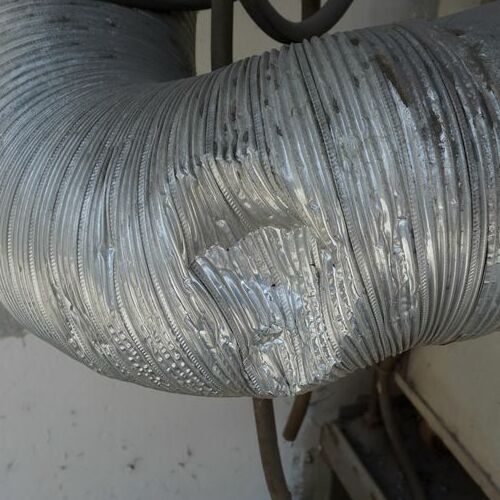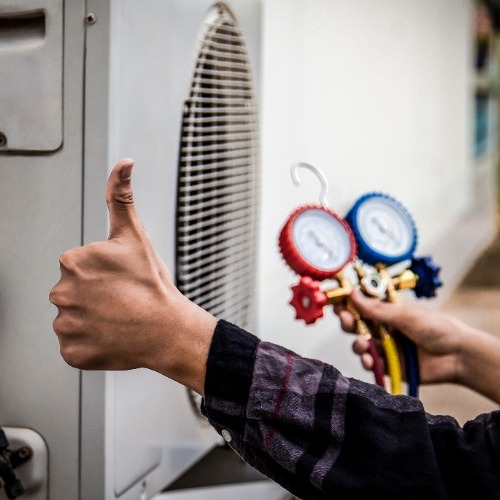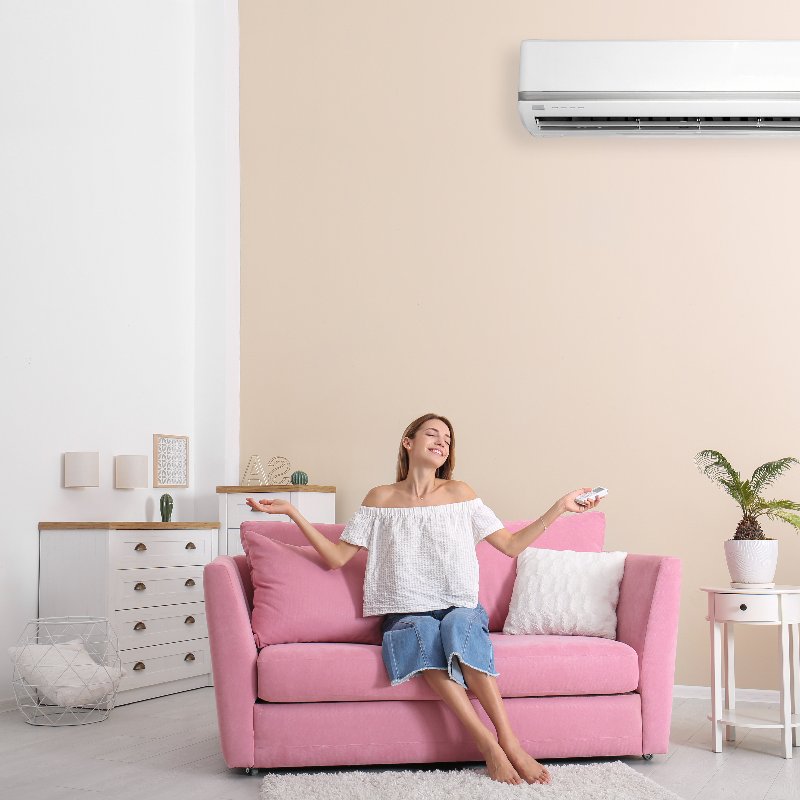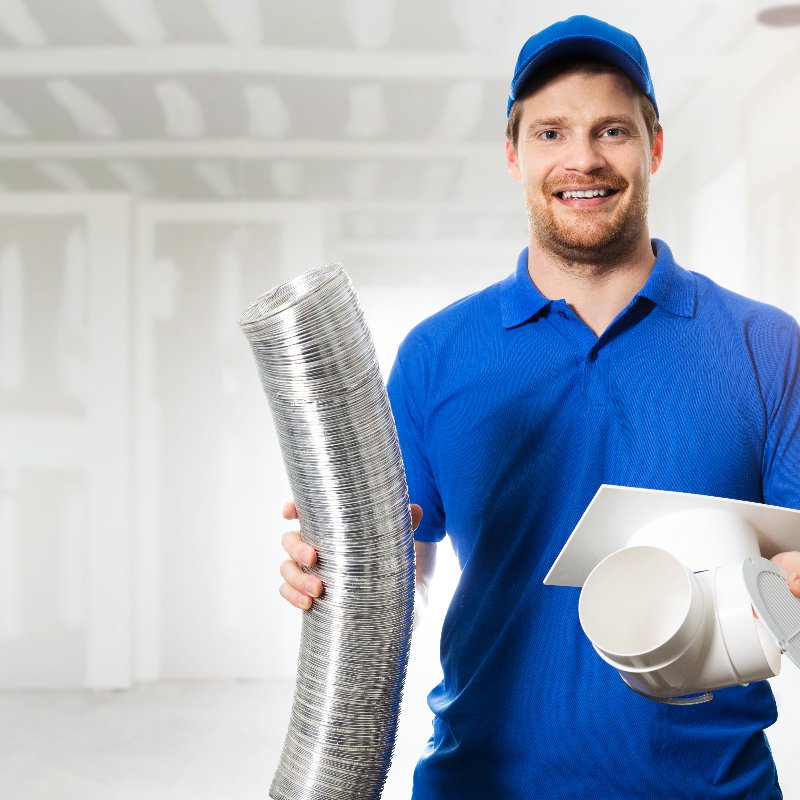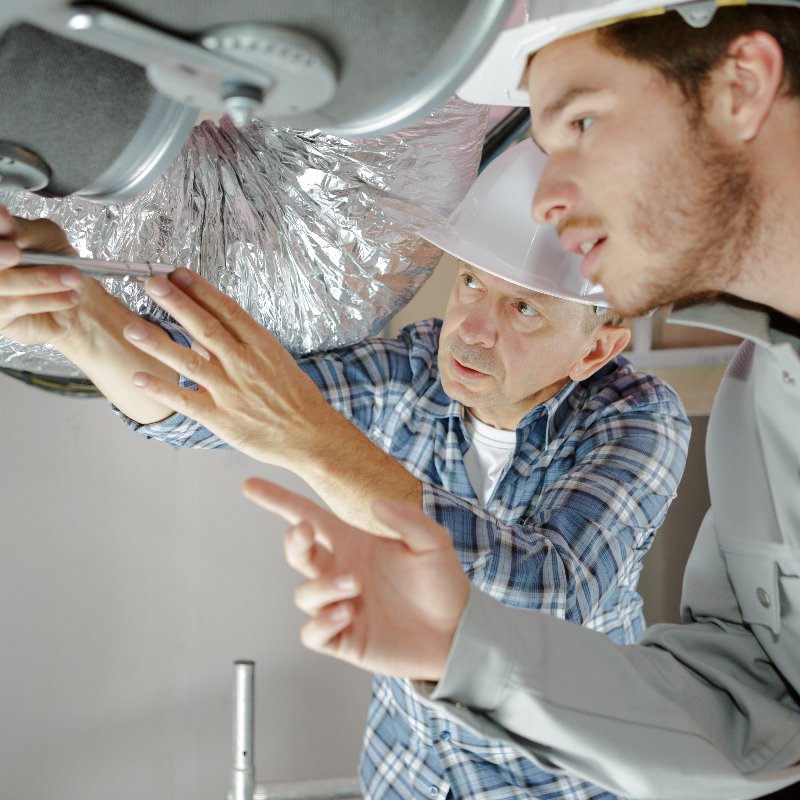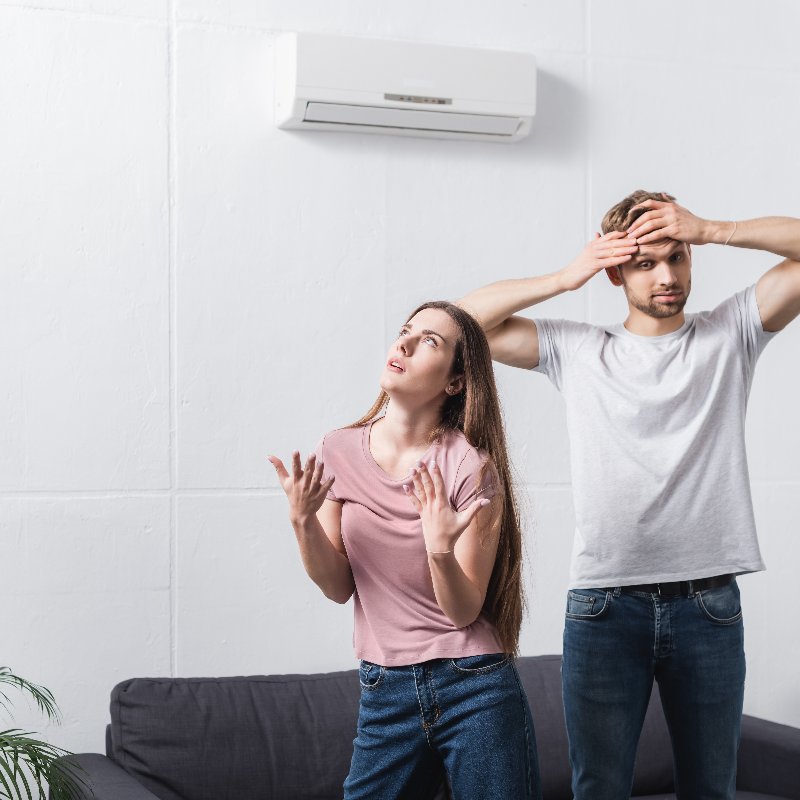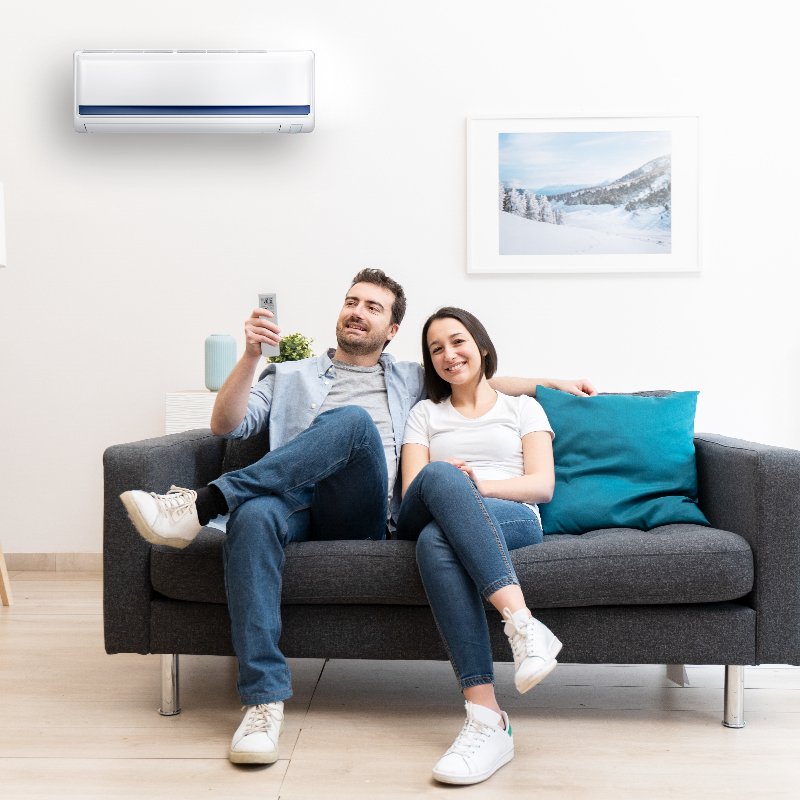
Does Your AC Need Freon?
Freon, a type of refrigerant, is crucial for the efficient operation of your air conditioner as it facilitates the heat exchange process necessary for cooling your home. As the refrigerant cycles through the system, it absorbs heat from the indoor air and releases it outside, creating a cooling effect. Without an adequate supply of freon, the air conditioner cannot effectively remove heat from the air, leading to poor cooling performance and increased energy consumption. Maintaining the correct freon levels ensures that the AC operates smoothly, preventing potential damage to vital components such as the compressor. This is why working with a professional AC technician to identify whether your AC needs freon can be incredibly important. You can often find these services by searching for “refrigerant recharge service near me,” but we’re here to talk about how you can determine when you should reach out for these services.
What is Freon?
Freon, also known as refrigerant, is a type of chemical compound used in air conditioning, refrigeration, and heat pump systems to facilitate the transfer of heat. It works by absorbing heat from indoor spaces and releasing it outside, allowing these systems to cool or heat the air as needed. Freon undergoes a continuous cycle of compression and expansion within the AC unit, transitioning between liquid and gas states to effectively transfer heat. Different types of freon have been used over the years, with each designed to operate within specific temperature and pressure ranges. While freon is essential for the efficient functioning of cooling systems, its use has evolved due to environmental concerns related to ozone depletion and global warming potential. As a result, newer refrigerants with reduced environmental impact are being adopted in modern HVAC systems, and because of this your AC unit may not use freon. Only a certified AC technician can determine which type of refrigerant is used in your system and what you will need if you require refrigerant.
What are Signs Your AC Needs Freon?
Several signs indicate that your air conditioner might need more freon. One common indicator is reduced cooling efficiency, where your AC struggles to cool your home adequately despite running continuously. You may notice that rooms are not reaching the set temperature, or that cooling takes longer than usual. Another sign is warm air blowing from the vents instead of cold air. Additionally, if you observe ice buildup on the refrigerant lines or evaporator coils, it could be a sign of low freon levels, as inadequate refrigerant can cause these components to freeze over. Unusual hissing or bubbling noises from the AC unit might also indicate a potential freon leak. If you notice any of these signs, it’s advisable to search for “refrigerant recharge service near me” and to have a qualified HVAC technician inspect your system, diagnose the issue accurately, and replenish the freon if necessary.
How Often Does an AC Unit Need Freon?
Homeowners may find themselves wondering how often they need to search for “refrigerant recharge service near me” to get freon for their AC units and if they will need to do so on a regular basis. It is important to note that modern air conditioning units typically do not need freon (refrigerant) added regularly under normal circumstances. Freon operates in a closed-loop system where it continuously cycles between absorbing heat indoors and releasing it outdoors. If an AC unit requires frequent recharging of freon, it often indicates a problem such as a refrigerant leak.
Modern AC systems are designed to be sealed and should ideally retain their initial charge of freon throughout their operational life, barring any leaks or other issues. Therefore, if you notice a significant decrease in cooling efficiency or suspect a freon leak, it’s essential to have a qualified HVAC technician inspect the system. They can diagnose the problem, repair any leaks, and recharge the system with freon as necessary to restore optimal performance.
What Should I Do if I Suspect My AC Unit is Low on Freon?
If you suspect that your AC is low on freon, the first step is to observe any signs of reduced cooling efficiency, such as warmer air coming from the vents or longer cooling cycles. Once you suspect an issue, it’s crucial to contact a licensed HVAC technician promptly. Attempting to handle freon issues without proper training and equipment can be dangerous and may lead to further damage to your AC unit. A professional technician will conduct a thorough inspection of your system to diagnose the problem accurately. If a freon leak is detected, they will locate the source and repair it before recharging the system with the correct amount of freon. This process not only restores the AC’s cooling efficiency but also ensures the safe operation of the unit. Regular maintenance and prompt attention to freon-related concerns will help maintain your AC system’s performance and longevity.
If you’re searching “refrigerant recharge service near me” our team will gladly provide you with the services you require. Give us a call today at 478-960-5825 to learn more about our refrigerant recharge services.

